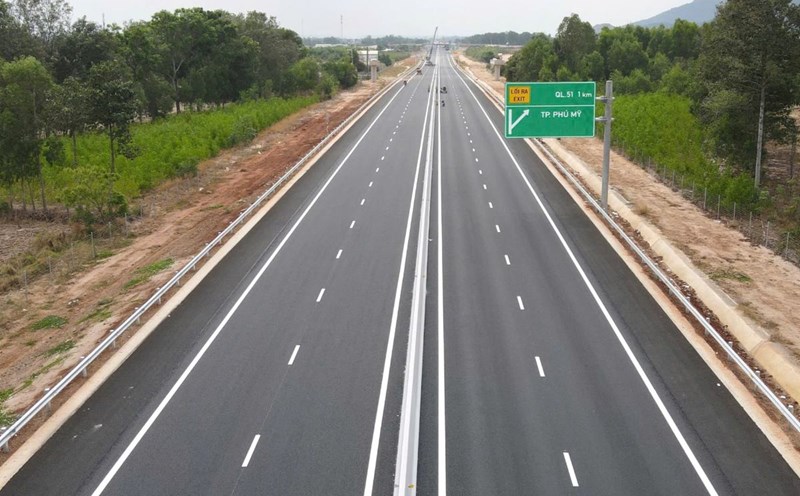On April 16 (local time), the state of California filed a lawsuit in federal court in San Francisco to block tariffs issued by President Donald Trump.
According to the lawsuit, California said that the Constitution stipulates the right to impose taxes on the National Assembly, while the International Emergency Economic Powers Act (IEEPA) - the legal document cited by President Trump - does not allow arbitrary tariffs on all imported goods.
The state government affirmed that the new tariff policies have had a significant impact on the market, with the risk of negatively affecting the economy.
According to the Global Times, President Trump is imposing a basic tax of 10% on all imported goods from April 5. He had previously imposed tariffs on aluminum and steel since March 12, on cars and auto parts from April 3. After the 9-day delay, different counterpart tariffs are expected to be applied to each partner with a trade deficit.
As the largest importing state in the country, California is being significantly affected by the new tax policy. The tariffs are said to affect the operations of the state's 12 major ports - which receive up to 40% of imported goods and are a key source of tax revenue.
The lawsuit also warns that retaliatory measures from other countries could negatively impact agricultural exports and put thousands of workers in California out of work.
Governor Gavin Newsom and Attorney General Rob Bonta have proposed that the court prohibit the Ministry of Internal Security and the Customs and Border Protection Agency from implementing these tariffs.
Responding to the move, White House spokesman Kush Desai said Governor Newsom should focus on addressing the state's internal problems such as crime, housing and inflation, rather than seeking to hinder the federal government's economic policies.
In addition to the lawsuit from California, the Trump administration is facing three similar lawsuits in New York, Florida and Montana initiated by groups of businesses, individuals and the indigenous community.











